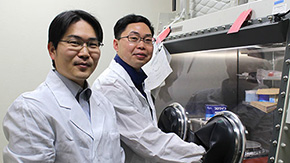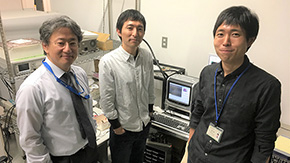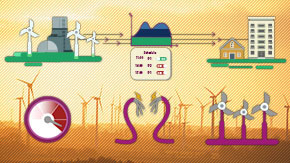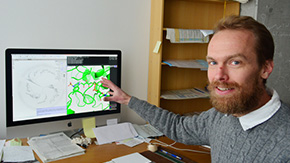Tokyo Tech Bulletin is an email newsletter introducing Tokyo Tech's research, education, and students' activities. The latest edition, "Tokyo Tech Bulletin No. 54," has been published.
To get the most recent news from the Institute directly to your inbox, subscribe to Tokyo Tech Bulletin outer now.
SPECIAL TOPICS
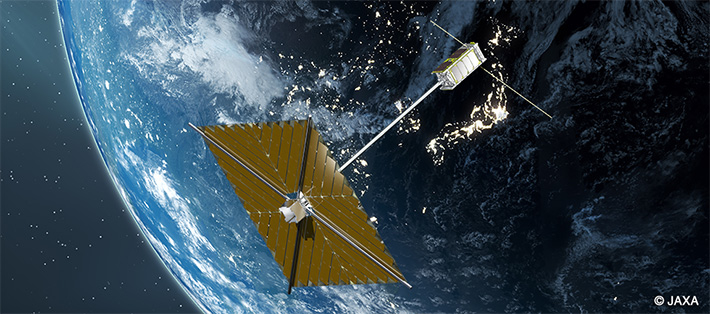
Microsatellites bring big opportunities in the space industry - Love of space drives invention for students and researchers
On January 18, 2019, a 100-ton rocket lifted off from Uchinoura in Kagoshima Prefecture. Piercing the crisp blue sky of winter, the 26-meter long Epsilon-4 rocketed heavenward with a payload of satellites developed by private businesses and universities under the auspices of the Japan Aerospace Exploration Agency (JAXA).

TokyoTech Alumni Stories - Natt Leelawat applies his expertise to disaster and risk management in Thailand
In this Alumni Story, Natt Leelawat, D.Eng '16, M.Eng '13 discusses his path from Tokyo Tech graduate student to lecturer and researcher at the forefront of disaster management in Thailand.
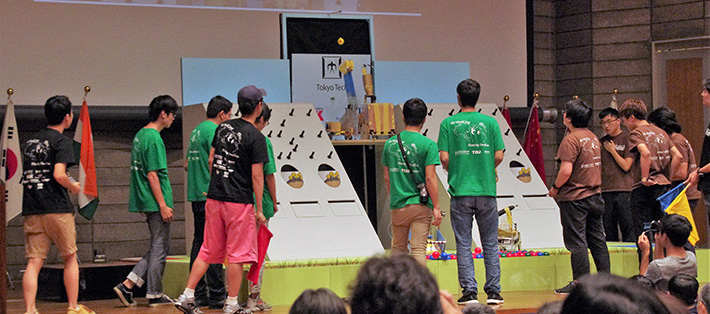
Tokyo Tech hosts 2018 Robocon International Design Contest
Fifty-four students from universities in China, India, Japan, Mexico, Singapore, South Korea, Thailand, and the United States gathered for the 2018 Robocon International Design Contest (IDC), held at Tokyo Tech from August 6 to 18.
Research
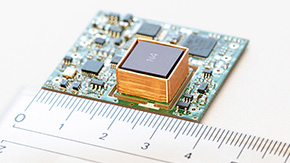
Tinier and less power-hungry quantum atomic clock push toward intelligent IoT
Scientists at Tokyo Tech, Ricoh co. and The National Institute of Advanced Industrial Science and Technology have developed an ultra-low-power atomic clock (ULPAC) for small satellites to enable future communication systems beyond 5G. The proposed device outperforms the current industry standards in various benchmarks, such as size, stability, and power consumption.
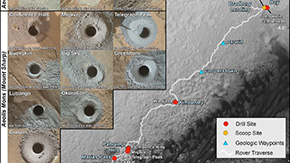
The Next Frontier for Planetary and Human Exploration
In January 2019, fifty scientists from thirty institutes across the world, led by Dr. Vlada Stamenković from JPS/NASA, including Dr. Atsuko Kobayashi and Prof. Joe Kirschvink from ELSI, published an invited commentary on the next frontier for planetary and human exploration in Nature Astronomy.
In the spotlight
. Any information published on this site will be valid in relation to Science Tokyo.





